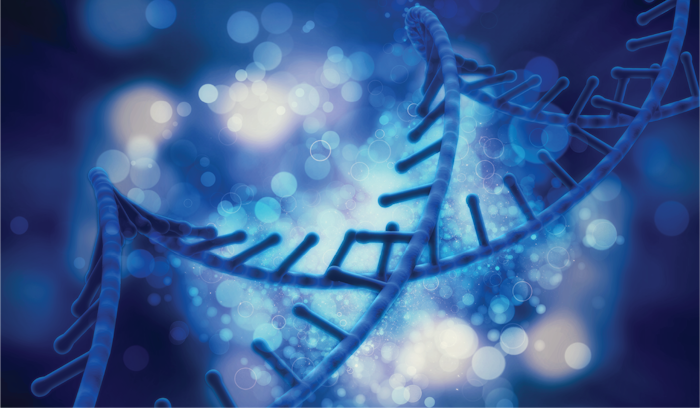Hudson Monash Paediatric Precision Medicine Program
Email Principal Investigator

Ron Firestein
CBTN Data
CBTN Participants
Backer
Children's Cancer Foundation
About this
Project
Major advances have been achieved in the discovery and application of targeted therapy for adult solid tumors, but therapeutic options for pediatric solid tumors have been limited. Current precision medicine programs focus on genomic sequencing, identifying the genes in a tumor’s DNA, to identify mutations, or changes, that may predict patients’ responses to targeted therapies. Unfortunately, currently 10% or fewer cancer patients have mutations that can be targeted and only 50% of those patients respond to therapy. This shows a need to identify new targets for treatment that improve treatment efficacy and limit the side effects of standard chemotherapy and radiation therapy. This project focuses on developing and utilizing individual patients’ tumor cells to identify new therapeutic targets and repurpose existing targets using new technologies, particularly for patients with high risk solid tumor (sarcomas, brain malignancies, refractory Wilms tumour, and neuroblastoma). Researchers will access the unique and comprehensive dataset provided by the Pediatric Brain Tumor Atlas to complete this work, and the Children’s Brain Tumor Network will also provide the computational and technological support necessary for this high level analysis.
Ask The
Scientists
What are the goals of this project?
Researchers will complete comprehensive molecular analysis on pediatric brain cancers and perform a screen to identify therapeutic targets.
What is the impact of this project?
Treatment efficacy for many forms of pediatric brain tumors is low and often leaves patients with lasting side effects. A more comprehensive understanding of each cancer type could lead researchers to novel therapies. Screening for therapeutics targets will potentially identify target therapeutic opportunities.
Why is the CBTN request important to this project?
In addition to access the comprehensive data provided by the Pediatric Brain Tumor Atlas, CBTN will also provide this project with the necessary computational support to complete this complex analysis.
Specimen Data
The Children's Brain Tumor Network contributed to this project by providing access to the Pediatric Brain Tumor Atlas and by leading the computational efforts for the brain cancer analysis.
Meet The
Team
Annie Huang, Hospital for Sick Children, Canada
- Perform Assay for Transposase Accessible Chromatic with high-throughput sequencing (ATAC-seq) to chart chromatin accessibility at a genome-wide scale
Roger Daly, Monash University, Australia
- Perform global phospho-proteomic profiling to identify signatures of activated oncogenic pathways and kinases on patient tumour models grown in culture conditions.
Other team members:
- Claire Sun, Hudson Institute of Medical Research, Australia
- Daniel Gough, Hudson Institute of Medical Research, Australia
- Duncan Crombie, Hudson Institute of Medical Research, Australia

Clayton, Australia

Clayton, Australia

Philadelphia, PA, USA

Santa Cruz, CA, USA

Sydney, NSW, Australia
Institutions

Satellite

Hudson Institute of Medical Research
Joined onA global bioscience medical research leader, Hudson Institute’s sole focus is on powering breakthrough scientific discoveries into improved healthcare that will transform lives. Our 442 scientists research four areas of medical need - inflammation, cancer, reproductive health and pregnancy, and infa

Primary
Operations Center

Children’s Hospital of Philadelphia
Joined onOperations Center for the Children’s Brain Tumor Tissue Consortium, the Children’s Hospital of Philadelphia (CHOP) is currently ranked 1st nationally for their Pediatric Cancer Program by U.S. News & World Report. CHOP’s Biobank is home to the CBTTC’s pediatric brain and CNS tumor biorepository; the

Satellite
UC Santa Cruz Treehouse Childhood Cancer Initiative
Joined onThe Treehouse Childhood Cancer Initiative was established to analyze genomic data of children with cancer in the context of large data sets of both pediatric and adult cancers. This allows researchers to identify situations where an available drug is predicted to work for a given patient’s tumor. Tr


The University of Sydney
related


